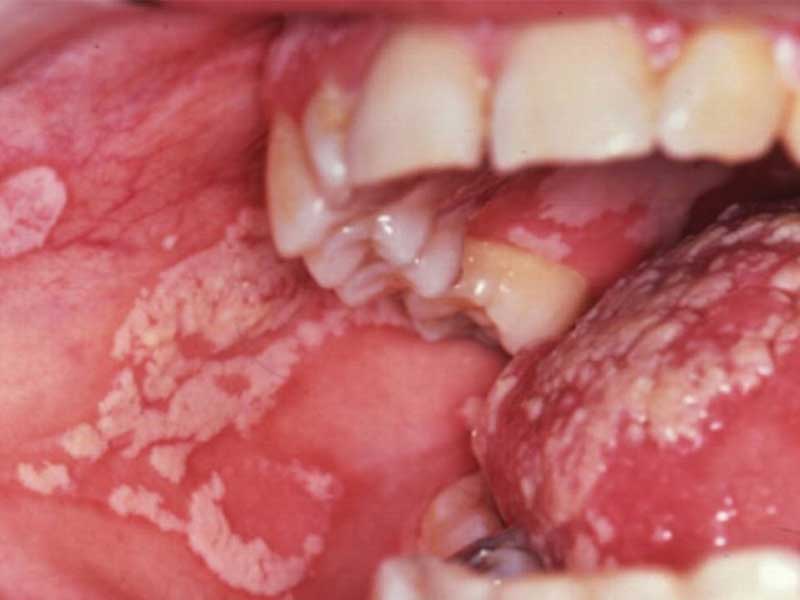Our body is literally a battlefield for the thousands of microorganisms that fight for gaining control. As long as the immune system works within proper parameters there is a balance between the good and the bad bacteria and fungus. Under certain circumstances, the immune system is weakened and the harmful microorganisms take over. Candida overgrowth is one of the most common conditions people experience when the natural defense line of the body fails.
What is Candida?
Candida Albicans is a fungus found mostly in our digestive system. Usually, this pathogen is kept under control by the other microorganisms that create the “gut flora”. During stressful periods of time or after treatment with antibiotics, the balance of the digestive system can be affected and large colonies of Candida Albicans expand until they control a large part of the gut. When maintained at proper levels, Candida helps digestion and nutrient absorption. If this fungus grows out of control it creates digestive problems and other symptoms that make one feel very ill.
Causes and Specific Symptoms
Candidiasis is a tricky health condition and often goes misdiagnosed. It is important to understand the cause, not just treat the symptoms. The bacteria balance in our body is very sensitive and there are many possible causes for Candida infections. Some of them refer to our daily habits like eating too much sugar and carbohydrates or even partying a little too much with alcohol.
Other causes for determining Candida to overgrow are:
- Treatment with broad spectrum antibiotics – overused, antibiotics also kill the good bacteria in our body, not just the bad ones
- Diabetes – high levels of blood sugar feed Candida and people with diabetes have an increased risk of Candida infections
- Birth control pills – some women consider that these pills instigated the Candida infection
- Oral Corticosteroids – people with asthma that use oral inhalers might experience recurring oral Candida
Some of the most common symptoms that indicate Candidiasis are:
- Exhaustion – you constantly feel tired regardless the number of hours you sleep
- Weak immune system –infections of the urinary tract and or vagina that become chronic
- Brain fog – sometimes this symptom is considered unimportant, but difficulties in concentration and poor physical coordination might indicate a Candida overgrow
- Chronic sinus and allergy issues – Candida also affects sinuses causing caught, allergies and flu-like symptoms
- Hormone imbalance – some people might experience anxiety, panic attacks, dramatic mood swings, depression
- White coat on tongue and bad breath – these are common signs of Candida overgrow and it affects all mucous membranes
- Candida Albicans might also cause digestive problems (gas and bloating) – persistent bloating, flatulence, stomach cramps, constipation or diarrhea.
Treatments
To make those nasty symptoms go away, one should take into consideration a visit to the doctor and follow the next three treatments:
- Cleansing – This process plays a vital role in your diet as it helps to flush the colon. Eating a lot of vegetables and herbs will stop Candida from expanding. Avoid any products that contain carbs and sugar.
- Probiotics – They play an essential role in fighting Candida as they bring good bacteria back into your digestive system and stop Candida from growing within days from starting the treatment
- Antifungals – Include garlic, coconut oil, and grape seed extract into your diet to break down the Candida infection.
Candida overgrow is a common infection that most people experience many times, but with a proper diet and healthy lifestyle, the situation is manageable.
References:






